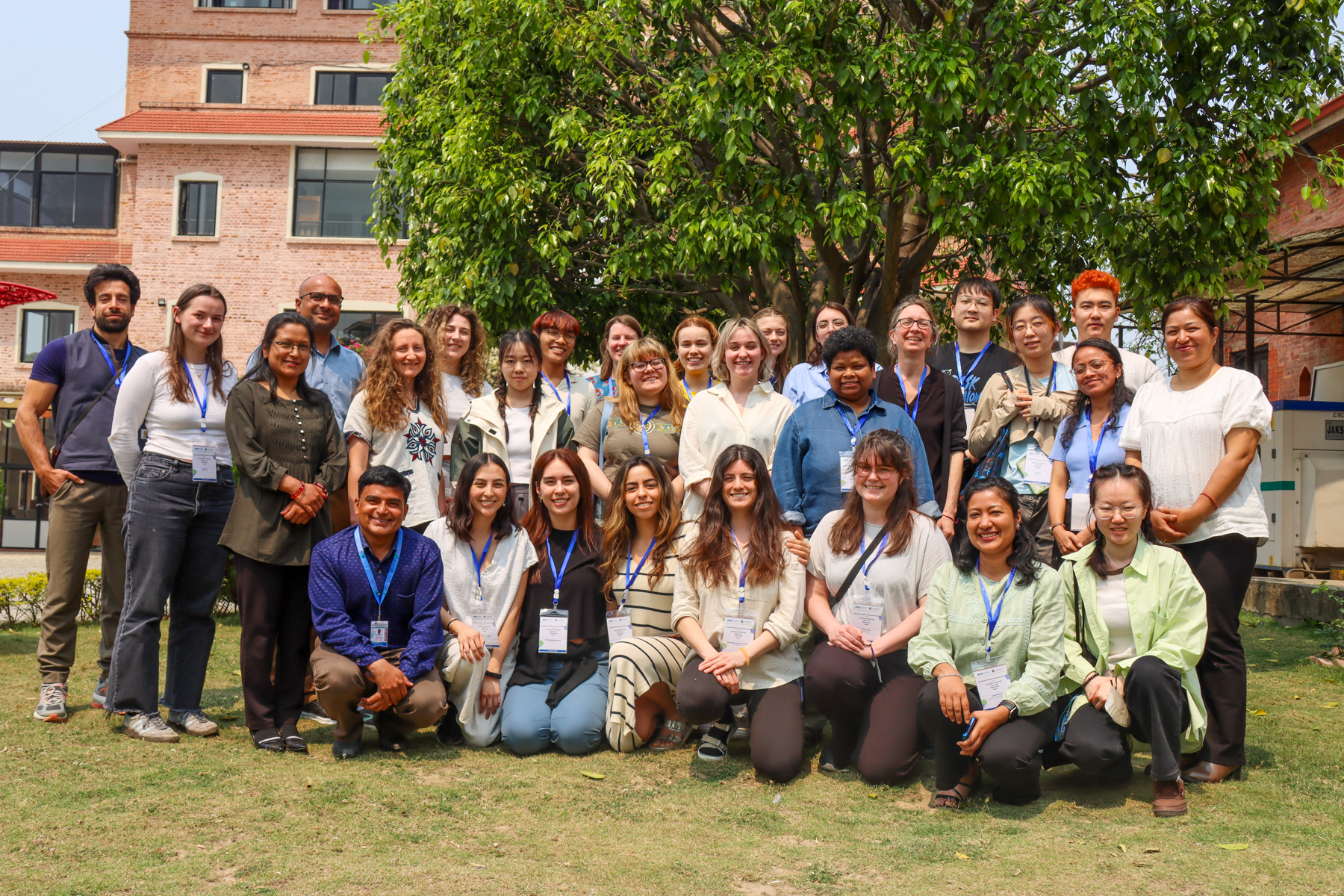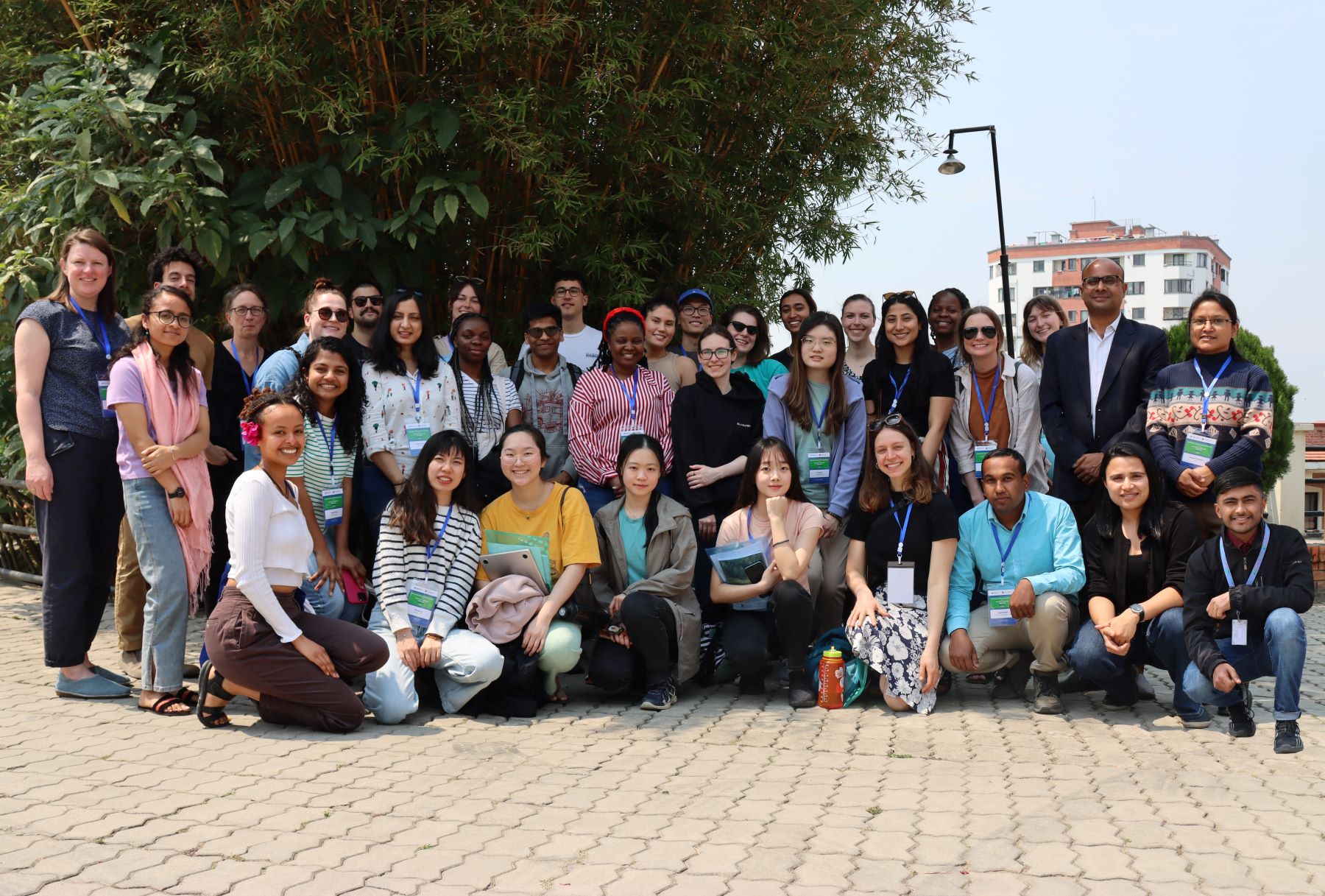Project Leader from SIAS: Kamal Devkota
Project Partners: International Centre for Integrated Mountain Development (ICIMOD)
Duration:1 January 2020 to 31 December 2020
Project description:
Climate change adaptation and resilience building have been a major focus in developing countries providing opportunities to leverage global finance in designing and implementing project interventions. However, measuring resilience in a complex socio-ecological context is a challenge and had led to inconsistencies although different tools, approaches and frameworks have been proposed for its assessment. In this context, to understand adaptive management and resilience of mountain communities as well as the ecosystems in Hindu Kush Himalaya (HKH) region, ICIMOD is adopting a Socio-Ecological System (SES) thinking approach. The SES approach aims to unpack complex interactions and understand nature of feedbacks within a system using context specific topics that resonate to illustrative case studies. These illustrative case studies will be mainly based on common regional issues emerging across the HKH region and will thus, help us to identify recurring patterns of SES behavior for generalization. Further, as SES behavior from each case study is linked to complex processes and feedbacks of the system so, most sensitive pathways to external shocks and stresses can be identified for resilience building and these sensitive pathways are termed resilience markers. These markers can provide long term monitoring indicators to capture processes and strengthen the M&E framework and design the decision support tools for policy-makers. Under this project, SIAS in collaboration with ICIMOD is conducting the case studies in Rasuwa and Kavre and analyze the data using system modelling and develop resilience marker.
Project Site: Rasuwa and Kavre districts
Project team at SIAS: Kaustuv Raj Neupane, Rachana Upadhyaya and Yuvika Adhikari




